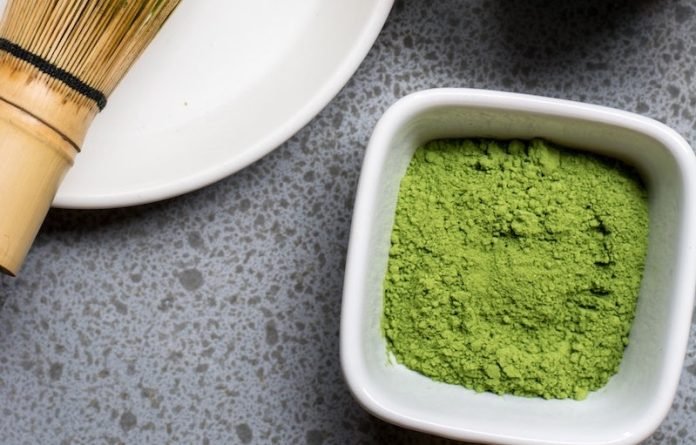
In a study from Rutgers University, scientists found that Long-term use of a high-dose green tea extract may protect against cancer, cardiovascular disease, obesity, and type 2 diabetes.
But it may also create liver damage in some people.
The team found two genetic variants that predict who may be at risk.
In the study, the team used data from the Minnesota Green Tea Trial, a large study of green tea’s effect on breast cancer.
They selected the Minnesota Green Tea Trial because it was a large, well-designed study of a unique population.
The year-long trial included more than 1,000 older women and collected data at 3, 6, 9, and 12 months.
The team examined whether people with certain genetic variations were more likely than others to show signs of liver stress after a year of ingesting 843 milligrams per day of the predominant antioxidant in green tea, a catechin called epigallocatechin gallate (EGCG).
The team selected two genetic variations in question because each controls the synthesis of an enzyme that breaks EGCG down.
They showed that early signs of liver damage were somewhat more common than normal in women with one variation in the catechol-O-methyltransferase (COMT) genotype and strongly predicted by a variation in the uridine 5′-diphospho-glucuronosyltransferase 1A4 (UGT1A4) genotype.
On average, women with the high-risk UGT1A4 genotype saw the enzyme that indicates liver stress go up nearly 80% after nine months of consuming the green tea supplement, while those with low-risk genotypes saw the same enzyme go up 30%.
The team notes the risk of liver toxicity is only linked to high levels of green tea supplements and not with drinking green tea or even taking lower doses of green tea extract.
The full explanation probably includes a number of different genetic variations and probably a number of non-genetic factors.
If you care about liver health, please read studies about dairy foods linked to liver cancer, and coffee drinkers may halve their risk of liver cancer.
For more information about liver health, please see recent studies about new way to treat alcohol-associated liver disease, and results showing green Mediterranean diet could cut fatty liver disease by half.
The study was conducted by Hamed Samavat et al and published in the Journal of Dietary Supplements.
Copyright © 2023 Knowridge Science Report. All rights reserved.



